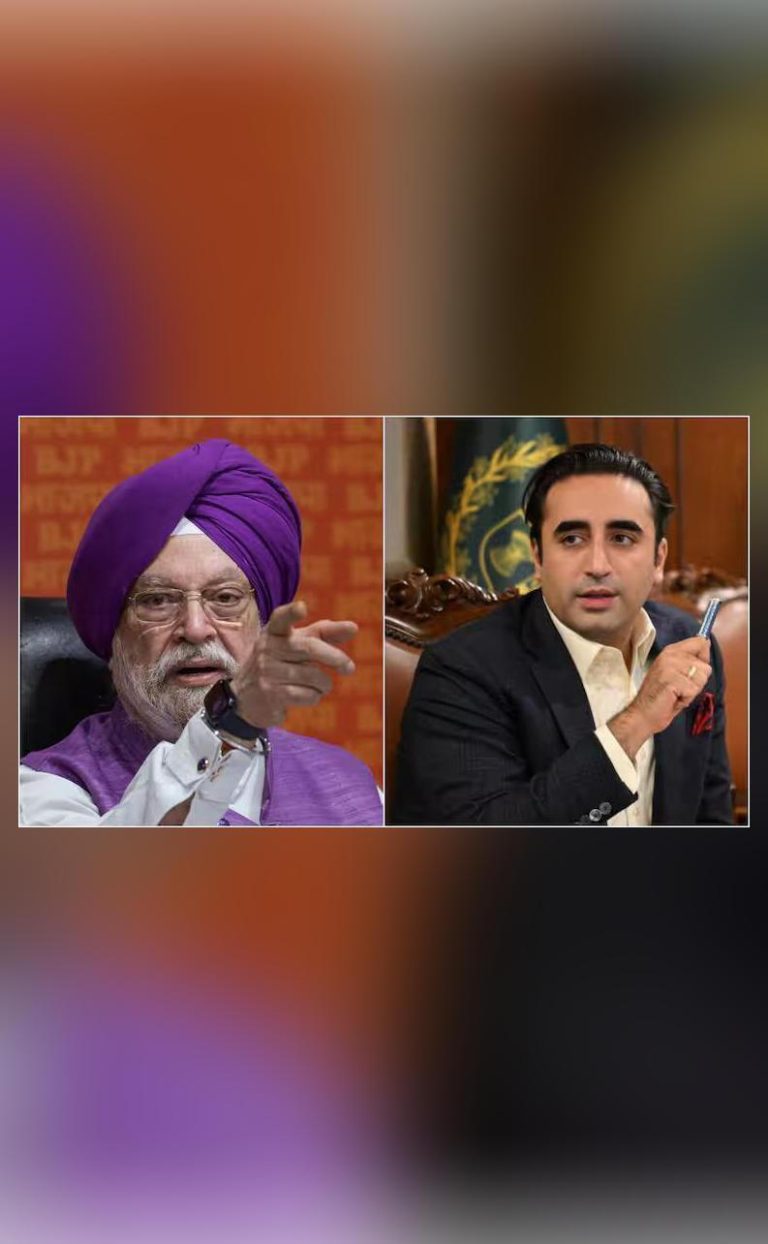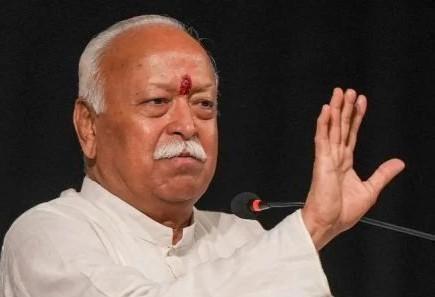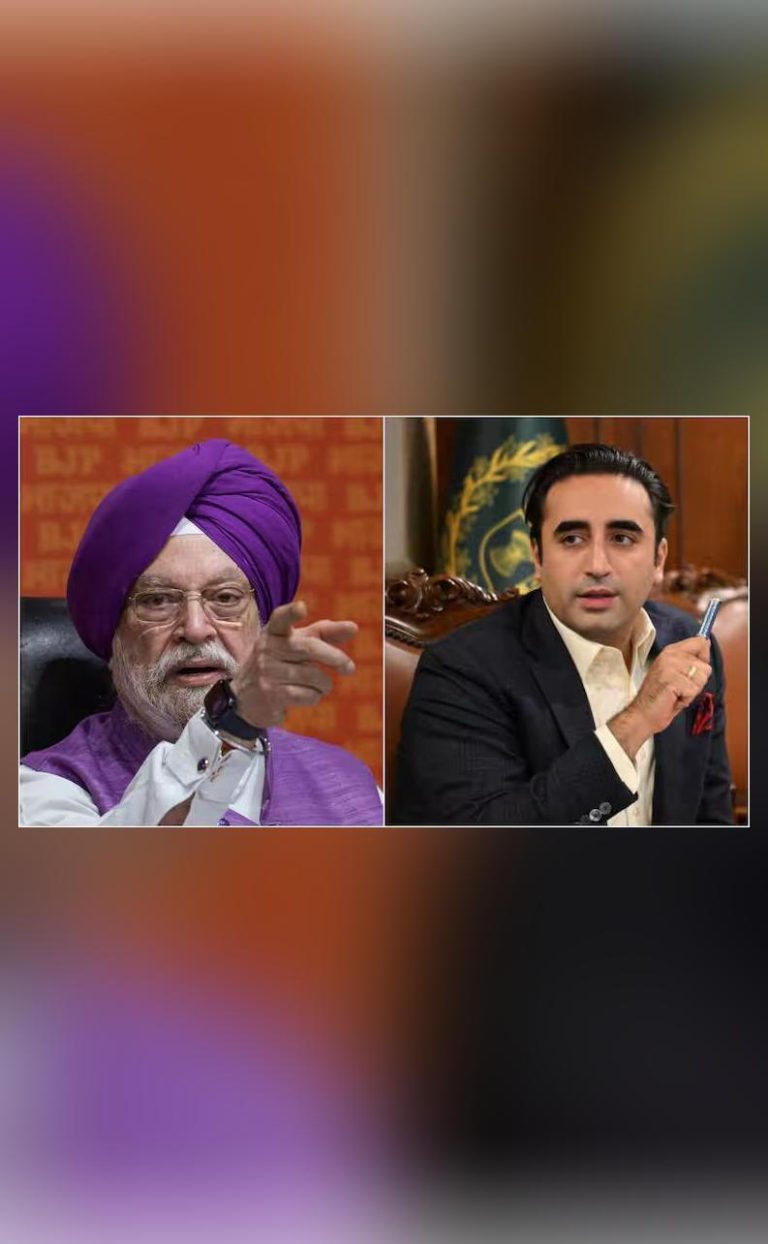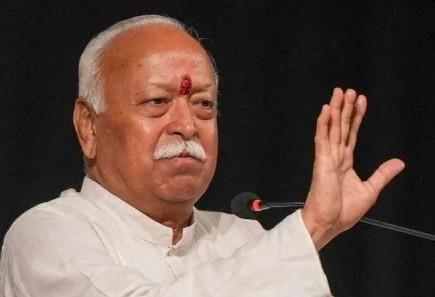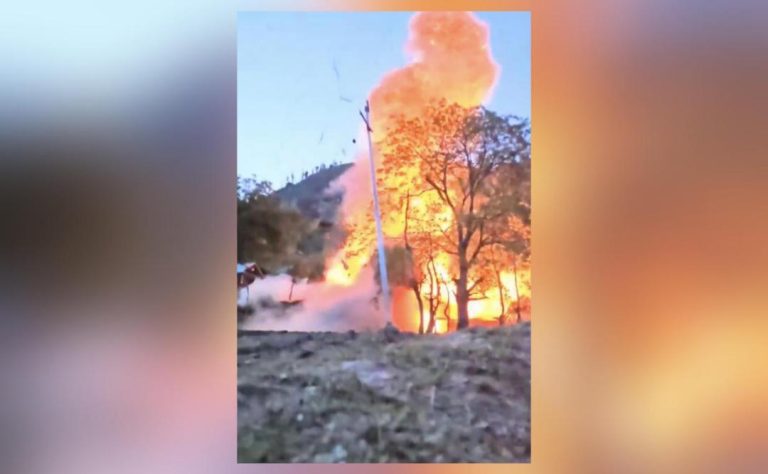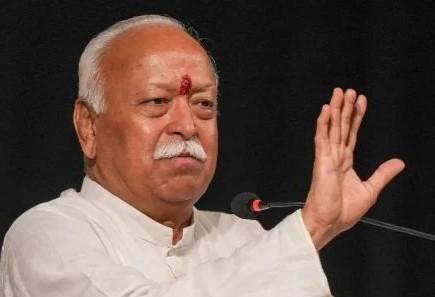
Title: If Someone Turns to Evil Then We’ll Teach Lesson: Bhagwat on J&K Attack
The recent terror attack in Pahalgam, Jammu and Kashmir, has left the nation in a state of shock and outrage. In the aftermath of the attack, many have expressed their condolences and outrage on social media, while others have called for stronger measures to be taken against terrorism. Amidst this backdrop, RSS Chief Mohan Bhagwat has made some thought-provoking statements, which have sparked debate and discussion.
In a recent interview, Bhagwat emphasized that non-violence is indeed India’s religion, but he also added that it is necessary to teach a lesson to “oppressors and hooligans”. This statement has raised many questions, and it is necessary to examine these comments in the context of the current situation.
Firstly, it is essential to understand what Bhagwat meant by “non-violence is India’s religion”. In many Indian traditions, non-violence is considered a core value, and it is believed to be an essential part of the country’s cultural heritage. This is reflected in the teachings of Mahatma Gandhi, who emphasized the importance of non-violence in the struggle for independence. Bhagwat’s statement is likely a nod to this tradition, and it is important to recognize the significance of non-violence in Indian culture.
However, Bhagwat’s statement also needs to be seen in the context of the current situation. The terror attack in Pahalgam was a brutal and senseless act of violence, and it is understandable that many would call for stronger measures to be taken against terrorism. Bhagwat’s statement about teaching a lesson to “oppressors and hooligans” can be seen as a call for stronger action against terrorism. This is not to say that violence is the answer, but rather that the current situation requires a nuanced approach that takes into account the complexity of the issue.
In this context, it is important to examine the role of the state in protecting its citizens. Bhagwat’s statement about the king’s duty being to protect the people is a reminder of the state’s responsibility to ensure the safety and security of its citizens. This is a fundamental principle of governance, and it is essential that the state takes its responsibilities seriously.
However, it is also important to recognize that the state’s role is not limited to responding to violent attacks. The state also has a responsibility to address the underlying causes of violence, and to work towards creating a more just and equitable society. This requires a multifaceted approach that takes into account the social, economic, and political factors that contribute to violence.
In this context, Bhagwat’s statement about teaching a lesson to “oppressors and hooligans” can be seen as a call for the state to take stronger action against those who perpetuate violence. However, it is important to recognize that this must be done in a way that is consistent with Indian values of non-violence and respect for human life. This requires a nuanced approach that takes into account the complexity of the issue, and that seeks to address the root causes of violence rather than simply responding to its symptoms.
In conclusion, Bhagwat’s statement about teaching a lesson to “oppressors and hooligans” can be seen as a call for stronger action against terrorism, but it is important to recognize the complexity of the issue and the need for a nuanced approach. The state has a responsibility to protect its citizens, but it also has a responsibility to address the underlying causes of violence and to work towards creating a more just and equitable society. Ultimately, the goal should be to create a society that is based on the values of non-violence and respect for human life, and that seeks to address the root causes of violence rather than simply responding to its symptoms.
Source: https://youtu.be/SpAKVWl5wII
